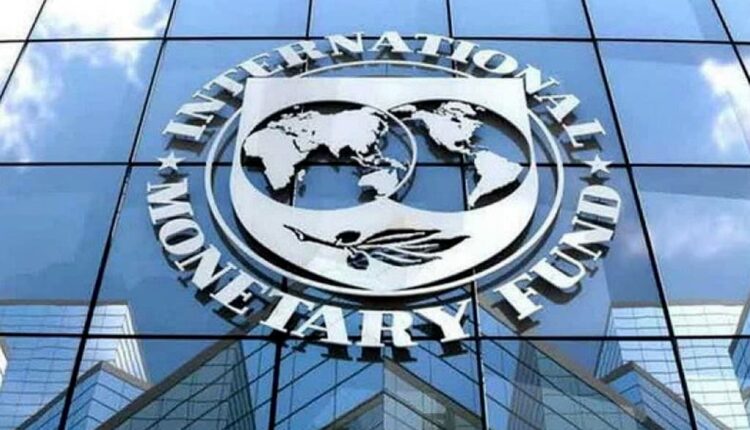The International Monetary Fund (IMF) has commended Ghana’s impressive performance under its fund program, highlighting the successful attainment of quantitative performance criteria during the first review during a recent disclosure.
The Executive Board’s conclusion of the 2023 Article IV Consultation with Ghana and subsequent First Review under the Extended Credit Facility Arrangement underscored the nation’s commitment and effectiveness in meeting targets.
The IMF’s recognition of Ghana’s fiscal resilience is evident in the country’s promising trajectory to reduce the fiscal primary deficit by approximately 4 percentage points of GDP in 2023. This aligns seamlessly with the outlined objectives of the Fund-supported program, showcasing Ghana’s dedication to sound economic principles.
On the revenue front, Ghana successfully met its non-oil revenue mobilization target, showcasing a commitment to financial stability and sustainability. This accomplishment reflects the effectiveness of Ghana’s fiscal policies in navigating economic challenges.
This highlighted Ghana’s progress in its debt restructuring strategy, with the successful completion of domestic debt restructuring during the summer. The subsequent agreement with the Official Creditor Committee (OCC) under the G20’s Common Framework on January 12, 2024, aligning with Fund program parameters, provided the necessary financial assurances for the completion of the Executive Board review.
Ghana’s proactive measures, as acknowledged by the IMF, underscore the nation’s commitment to economic stability and responsible fiscal management. The recognition of Ghana’s fiscal resilience sets a positive tone for sustained economic growth in the face of global uncertainties.
Meanwhile, the ambitious structural fiscal reforms are bolstering domestic revenues, improving spending efficiency, strengthening public financial and debt management, preserving financial sector stability, enhancing governance and transparency, and helping create an environment more conducive to private sector investment.
The authorities’ reform efforts are bearing fruit, and signs of economic stabilization are emerging. Growth in 2023 has proven resilient, inflation has declined, and the fiscal and external positions have improved.
Looking ahead, fully and durably restoring macroeconomic stability and debt sustainability and fostering a sustainable increase in economic growth and poverty reduction will require steadfast policy and reform implementation.
Ghana’s proactive measures, as acknowledged by the IMF, underscore the nation’s commitment to economic stability, responsible fiscal management, and the well-being of its citizens. The successful implementation of the Fund-supported program sets a positive precedent for Ghana’s economic resilience and growth in the face of global challenges.
Debt Restructuring
At the conclusion of the Executive Board’s discussion, Bo Li, Deputy Managing Director and Acting Chair, noted that Ghana’s economic performance has been marked by significant volatility over the years. Most recently, severe external shocks compounded pre-existing fiscal and debt vulnerabilities, leading to acute economic and financial pressures in 2022.
The authorities’ efforts to reorient macroeconomic policies, restructure debt, and initiate wide ranging reforms are already generating positive results, with growth more resilient than initially envisaged, inflation declining, the fiscal and external positions improving, and international reserves increasing.
Fully and durably restoring macroeconomic stability and debt sustainability and fostering higher and more inclusive growth require steadfast policy and reform implementation. The government’s plans to further reduce deficits by mobilizing additional domestic revenue and streamlining expenditure and to finalize its comprehensive debt restructuring are critical to underpin debt sustainability and ease financing constraints.
Continued efforts to protect the vulnerable and to create space for higher social and development spending are also key. Reforms to improve tax administration, strengthen expenditure control and management of arrears, enhance fiscal rules and institutions, and improve SOEs management are needed to ensure lasting adjustment.
The authorities took decisive steps to rein in inflation and rebuild foreign reserve buffers. Maintaining an appropriately tight monetary stance and enhancing exchange rate flexibility are key to achieving the program’s objectives.
Reforms to create an environment more conducive to private investment are needed to enhance the economy’s potential and underpin sustainable job creation. Given Ghana’s exposure to climate shocks, promoting a green recovery by further advancing the adaptation and mitigation agendas should also remain a priority.


Comments are closed.